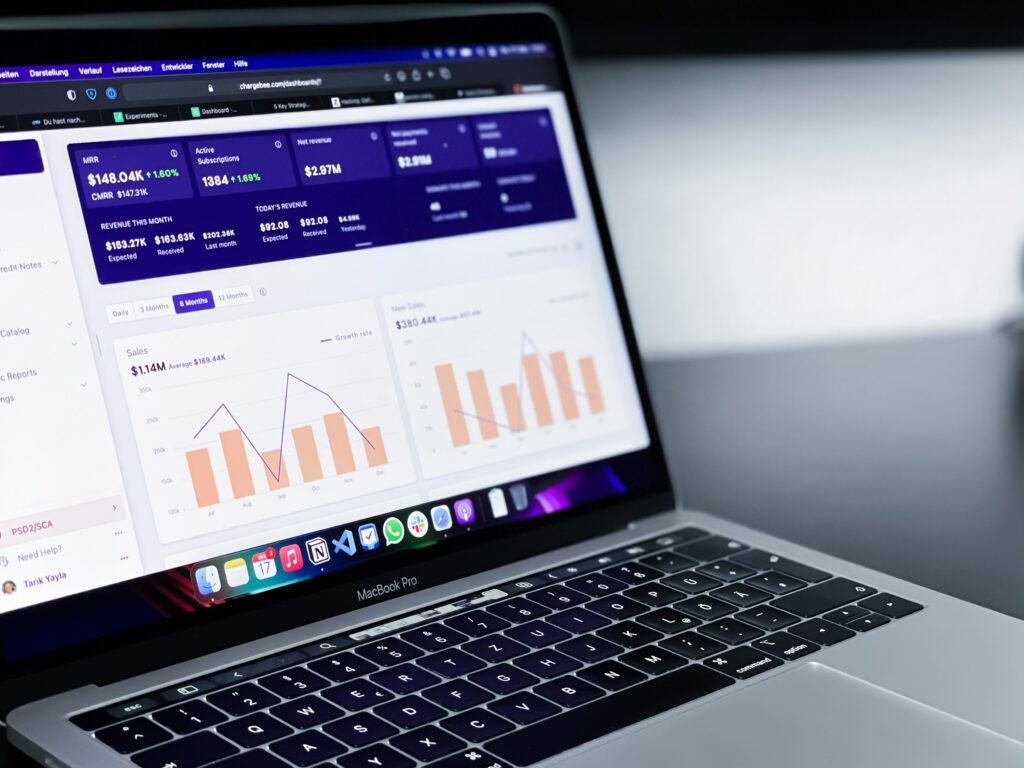Having a website is not enough; you need to optimize its performance to ensure that it serves your business objectives. Website analytics is a crucial aspect of website performance optimization. It helps you understand your website visitors, track their behavior, and make data-driven decisions to improve website performance. In this blog post, we will explore how WordPress analytics plugins can help you maximize your website’s performance.
Top WordPress Analytics Plugins for Website Performance Optimization
- Google Analytics Dashboard for WP by ExactMetrics. This plugin allows you to track website analytics data within your WordPress dashboard. You can view website metrics such as pageviews, bounce rate, and session duration. The plugin also enables you to set up custom tracking for events such as clicks and downloads.
- MonsterInsights. This plugin provides a simple way to connect your WordPress website with Google Analytics. It enables you to view website data such as pageviews, sessions, and referral sources. The plugin also has a user-friendly dashboard with insights such as top pages and top referral sources.
- Jetpack. Jetpack is an all-in-one plugin that includes website security, backup, and analytics features. Its analytics module provides website data such as pageviews, referral sources, and popular content. The plugin also has features for social media sharing and search engine optimization.
- WPForms. While WPForms is primarily a form builder plugin, it also includes a feature for website analytics. The plugin enables you to view website data such as pageviews, referral sources, and user behavior. You can also set up custom tracking for events such as form submissions.
Implementing WordPress Analytics Plugins for Website Performance Optimization
- Installing and activating WordPress analytics plugins. To get started with WordPress analytics plugins, you need to install and activate your chosen plugin. You can do this by navigating to the ‘Plugins’ menu in your WordPress dashboard and searching for the plugin by name. Once you find the plugin, click the ‘Install Now’ button and then ‘Activate.’
- Configuring plugin settings for website performance optimization. After activating the plugin, you need to configure its settings for website performance optimization. For example, you can set up custom tracking for events, exclude certain pages or users from tracking, and configure data retention settings.
- Analyzing website data to improve website performance. Once you have configured the plugin settings, you can start analyzing website data to improve website performance. Use the data provided by your chosen WordPress analytics plugin to identify areas of your website that need improvement. For example, if you notice a high bounce rate on a particular page, you can investigate why visitors are leaving the page quickly and make changes to improve user experience.
Best Practices for Maximizing Your Website’s Performance with WordPress Analytics Plugins
- Regularly monitoring website data. To ensure that your website is performing optimally, you need to monitor website data regularly. This will help you identify changes in website performance and make data-driven decisions to improve user experience.
- Setting up goals and tracking conversions. Goals and conversions are critical metrics for website performance optimization. Set up goals such as newsletter signups or product purchases and track conversions using your WordPress analytics plugin. This will help you identify areas for improvement and make data-driven decisions to optimize website performance.
- Integrating with other tools for more comprehensive data analysis. To better understand your website’s performance, consider integrating your WordPress analytics plugin with other tools such as heat map software or user testing platforms. This will provide more insight into user behavior and help you make data-driven decisions to improve website performance.
Conclusion
Website analytics is an essential aspect of website performance optimization. Using WordPress analytics plugins lets you gain insights into user behavior and make data-driven decisions to improve website performance. In this blog post, we have explored the top WordPress analytics plugins for website performance optimization, how to implement them, and best practices for maximizing their potential. Use this information to optimize your website’s performance and achieve your business objectives.
